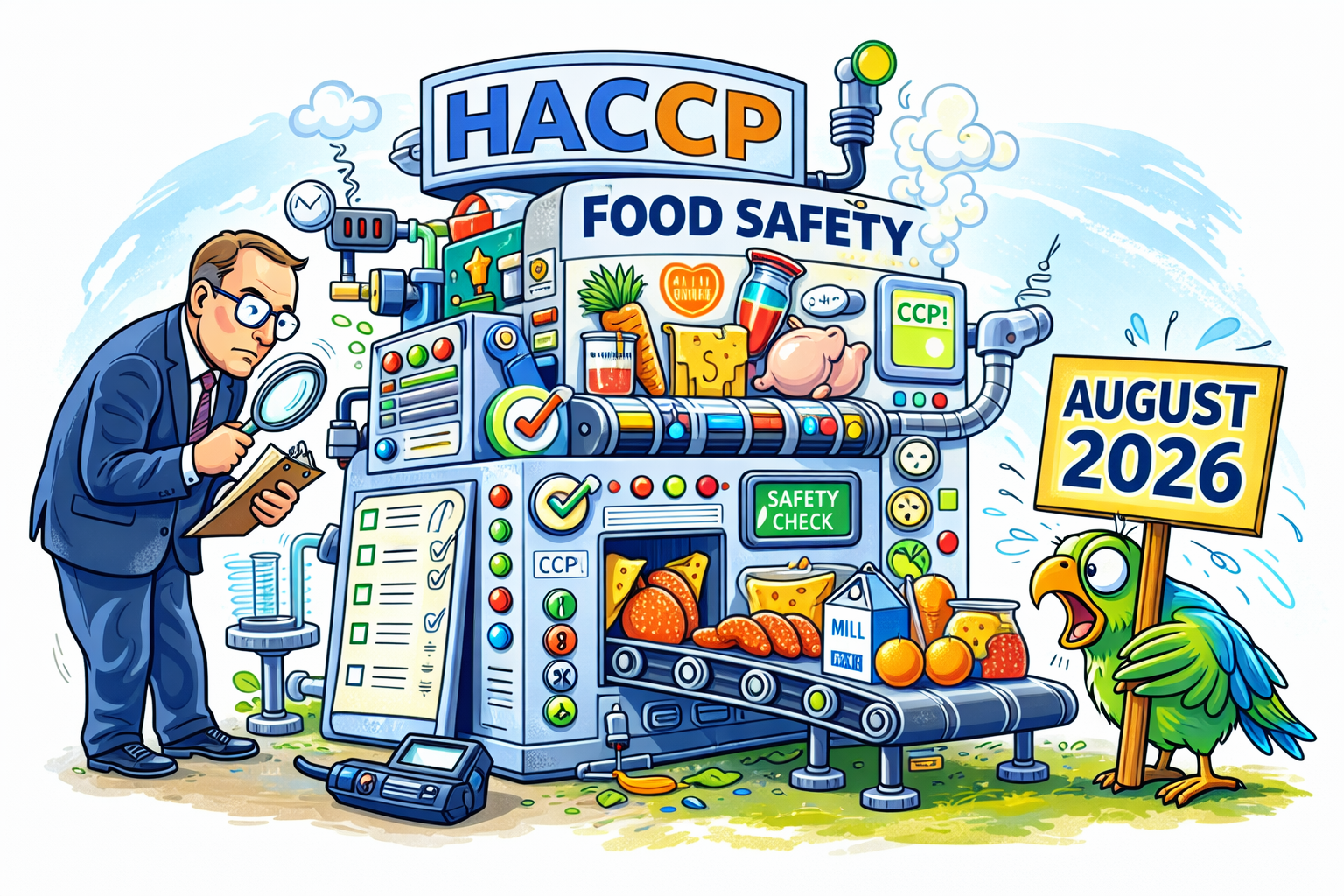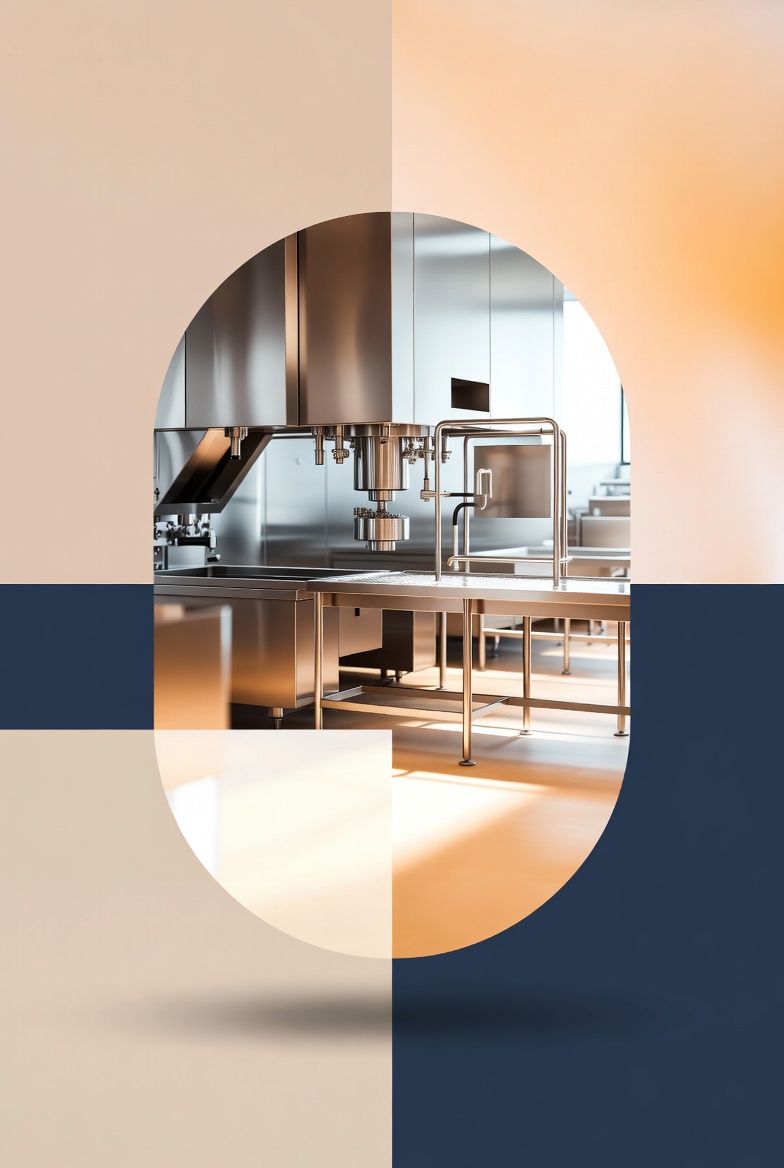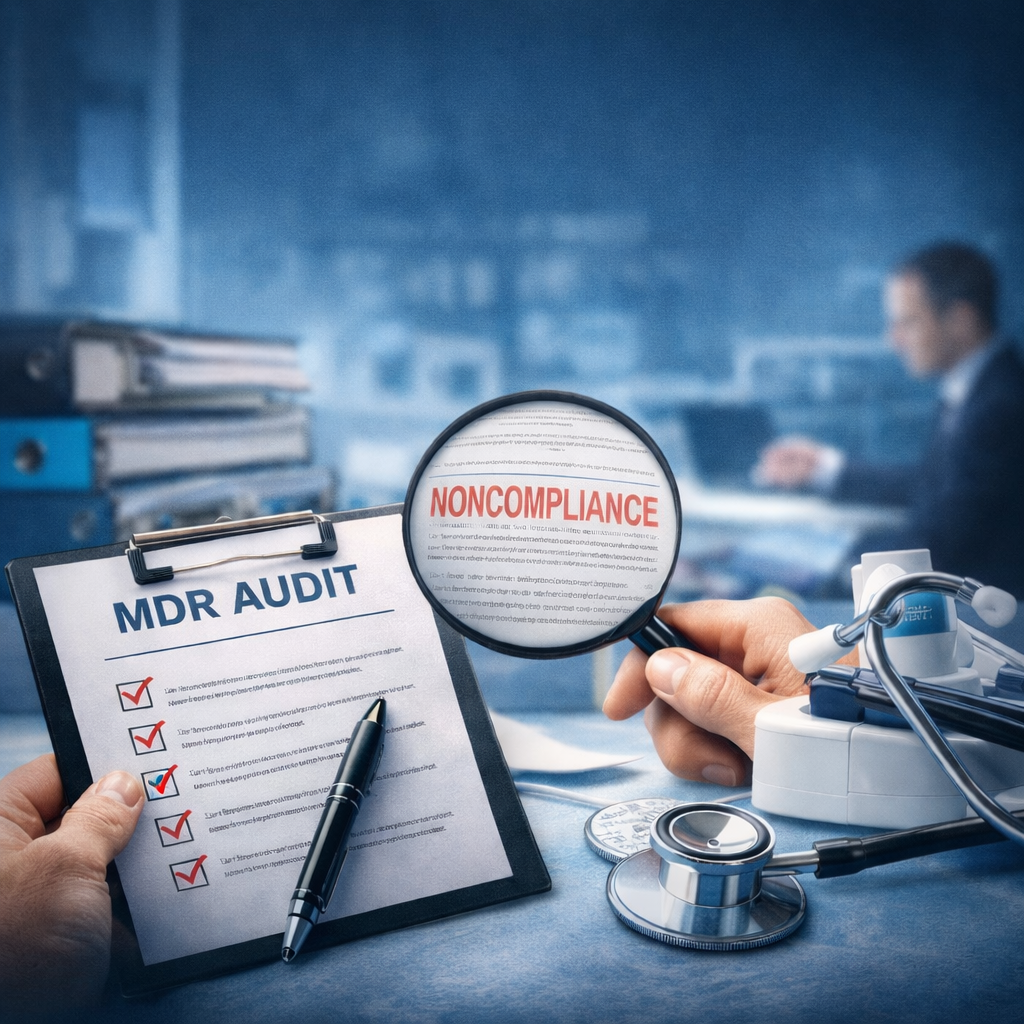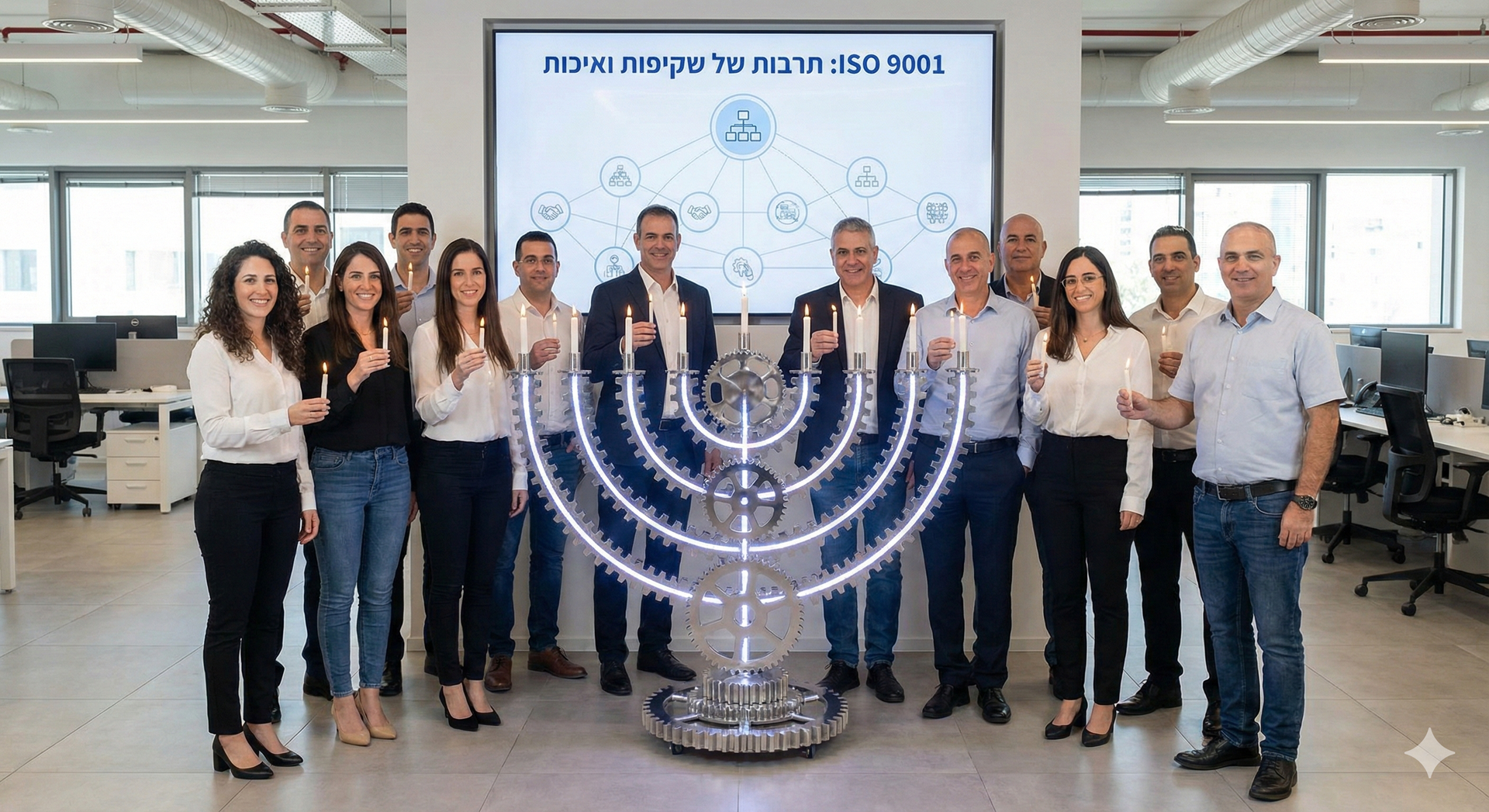The Food Safety Modernization Act (FSMA)
The Food Safety Modernization Act (FSMA) is a landmark legislation that was signed into law by the United States Congress in 2011. The act represents the most significant reform of food safety laws in the United States in over 70 years. FSMA aims to ensure the safety of the U.S. food supply by shifting the focus from responding to foodborne illness to preventing it.
The importance of FSMA lies in its potential to significantly reduce the incidence of foodborne illness in the United States. According to the Centers for Disease Control and Prevention (CDC), each year, one in six Americans (roughly 48 million people) gets sick from consuming contaminated food. The economic cost of foodborne illness in the United States is estimated to be between $55 and $93 billion per year, in addition to the immeasurable human cost of illness, hospitalization, and death.
FSMA addresses this critical issue by establishing a preventive and risk-based approach to food safety. The law requires food producers, manufacturers, processors, and importers to implement comprehensive food safety plans that identify potential hazards and establish measures to prevent them from occurring. This includes everything from growing and harvesting practices to transportation and storage. Additionally, FSMA provides the Food and Drug Administration (FDA) with new enforcement authorities, including mandatory recall authority and expanded access to records, to better protect public health.
Furthermore, FSMA is designed to increase collaboration and communication across the food industry, including between government agencies and food producers, manufacturers, and processors. This includes partnerships between the FDA and foreign governments to ensure the safety of imported food. These collaborations help ensure that food safety practices are up-to-date and effective.
In conclusion, the importance of FSMA cannot be overstated. By requiring food producers, manufacturers, processors, and importers to implement comprehensive food safety plans, FSMA represents a significant step forward in protecting public health and reducing the incidence of foodborne illness. While no system is perfect, FSMA represents a critical effort to improve the safety of the U.S. food supply and protect the health and well-being of all Americans.
Implementing the Food Safety Modernization Act (FSMA) requires a collaborative effort between government agencies, the food industry, and other stakeholders. To comply with FSMA requirements, food producers, manufacturers, processors, and importers must implement a range of preventive controls and risk management strategies. This includes developing and implementing food safety plans that identify and control potential hazards, such as microbial contamination, allergen cross-contact, and physical hazards. Additionally, these entities must conduct regular inspections and environmental monitoring to identify potential sources of contamination and take corrective actions as needed. To support these efforts, the FDA has provided guidance documents, training materials, and other resources to help the food industry better understand and implement the requirements of FSMA. By working together to implement FSMA, we can help ensure the safety of the U.S. food supply and protect public health.
Consultants can play a crucial role in helping foreign food manufacturers meet the requirements of the Food Safety Modernization Act (FSMA). A consultant with expertise in food safety regulations can help manufacturers understand the complex requirements of FSMA and develop and implement a comprehensive food safety plan that meets those requirements. They can also provide guidance on good manufacturing practices, hazard analysis and risk assessment, recordkeeping, and environmental monitoring, as well as training and education for employees. In addition, a consultant can help foreign manufacturers navigate the importation process and understand the requirements for compliance with FSMA when exporting to the United States. With the assistance of a knowledgeable and experienced consultant, foreign food manufacturers can ensure that their products meet the high standards of food safety required by FSMA and successfully enter the U.S. market.











